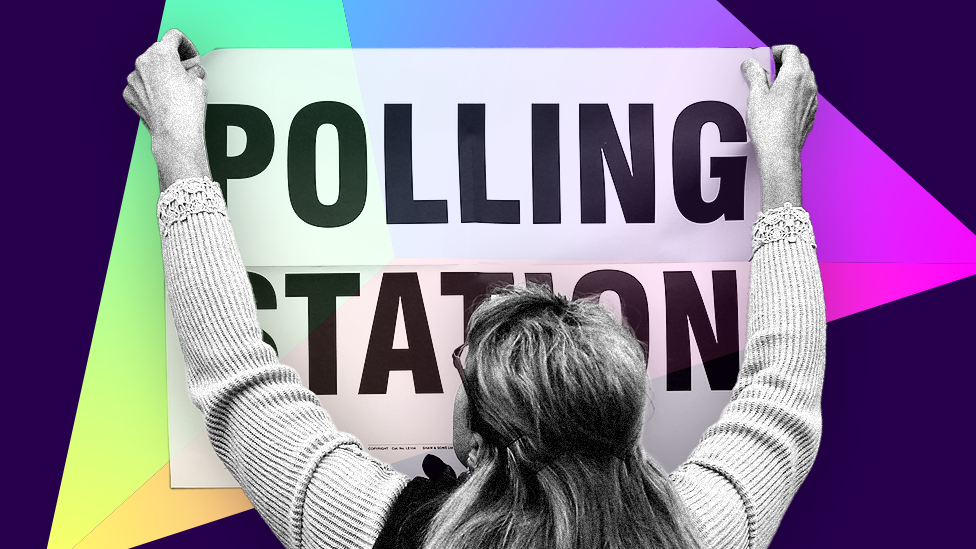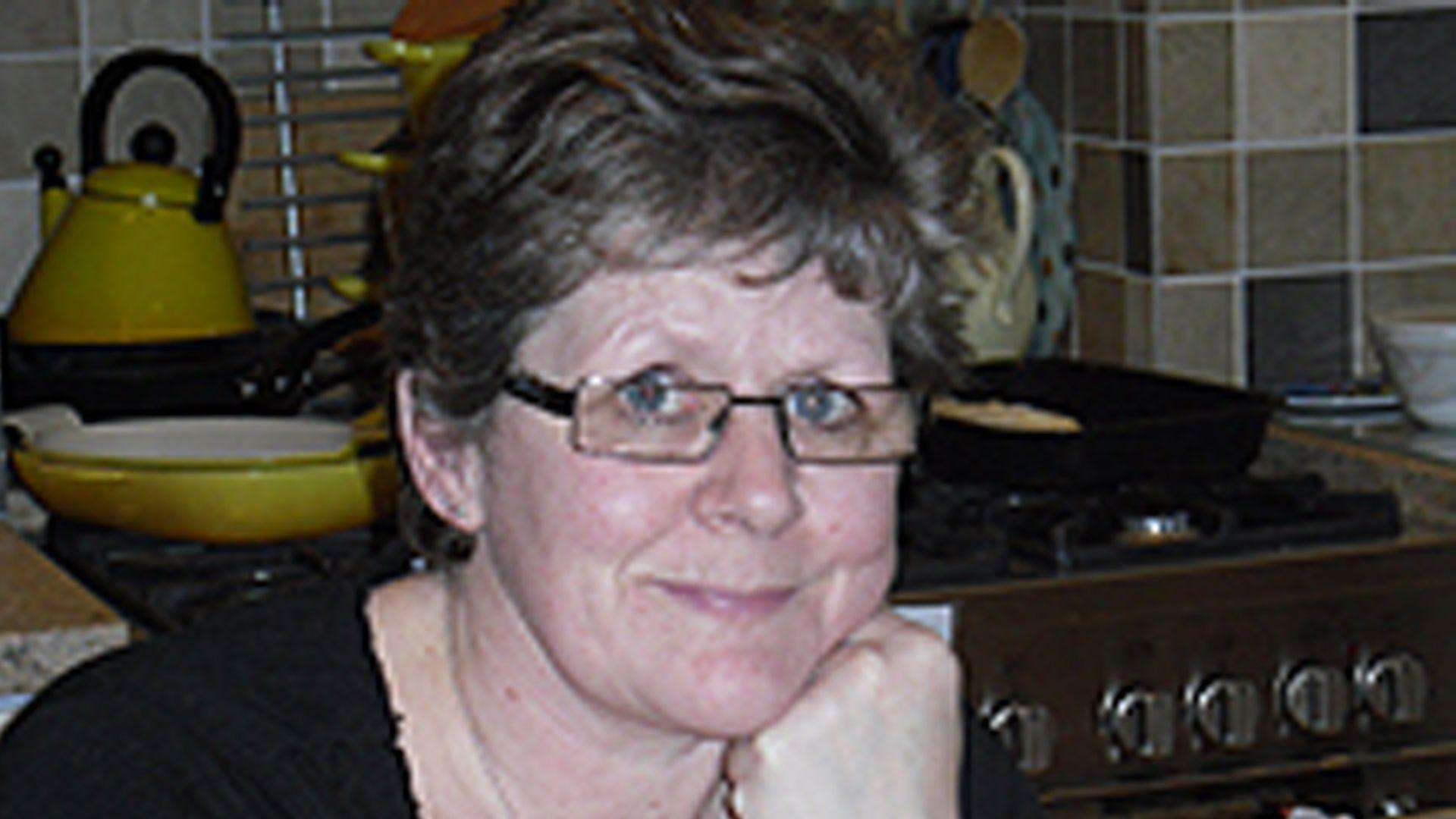Why Worcester Woman may not vote this election
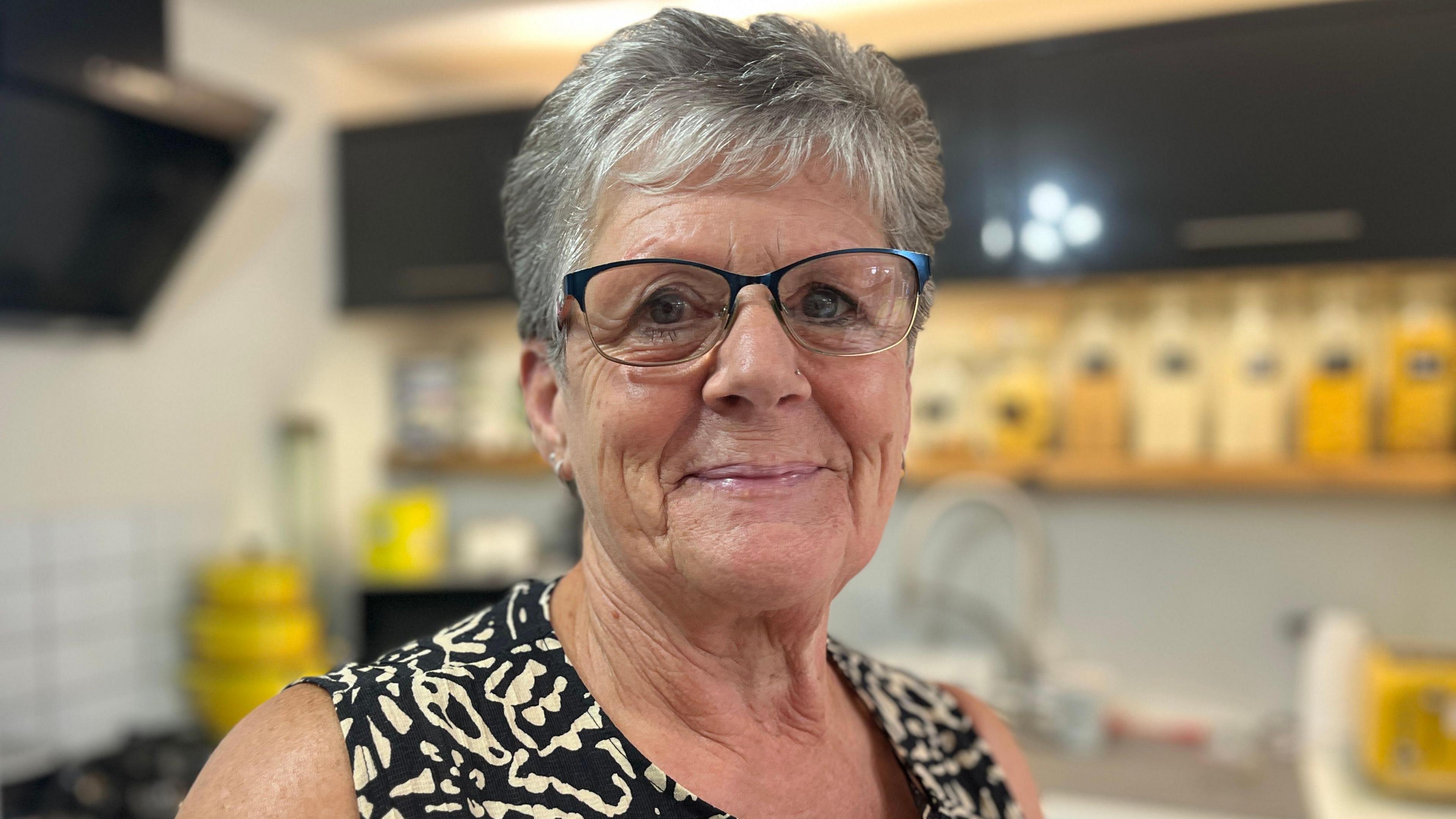
“I'd always advocated that you should vote... I'm pretty apathetic now," says Sally Langfield, 65
- Published
In 1997, "Worcester Woman" was a floating voter considered crucial to New Labour's landslide victory.
But 27 years on, her real-life counterparts are split on whether to vote at all.
A stereotype coined by polling companies, "Worcester Woman" typified a mother in her 30s, who cared about "quality of life" issues like healthcare.
With Worcester once again a marginal constituency, I caught up with one of the women who spoke to the BBC during the 1997 election campaign, as well as others in the city.
"I have to say I’m pretty apathetic now," said Sally Langfield.
"I’m getting to a point in my life where I just want to sip sangria and sit in the sun."
Ms Langfield was a childminder and mum of one 27 years ago. She was also pregnant with her daughter Carys, who is now 26.
At the time, her priority was her family's healthcare. Frustrated at costs including private dental fees, she voted for Tony Blair.
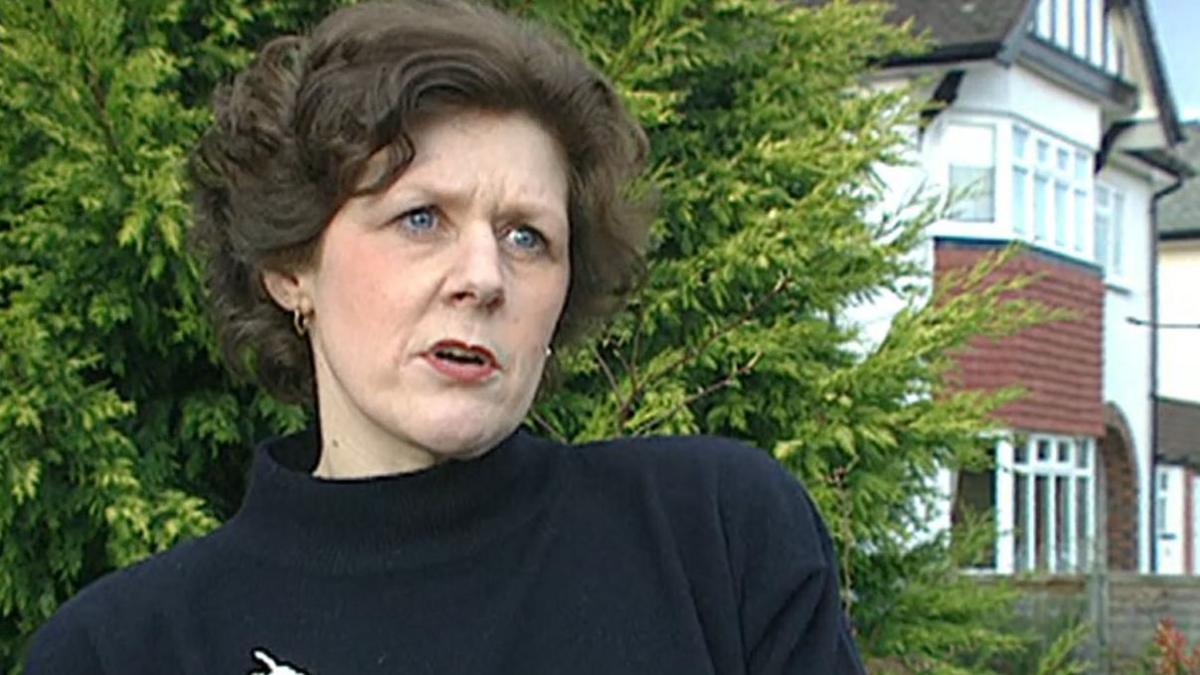
Back in 1997, Sally Langfield told the BBC her family's health was her top priority
Now 65, Ms Langfield is divorced, retired and a "Waspi woman" who is still waiting to be able to claim her state pension.
"Basically happy: not very political. I don’t remember voting in the last general election and I possibly won’t be voting in this one," she told me.
"I don’t think there’s anything to choose between the parties. They're all out to outdo each other, but not actually do anything."
While she may not be impressed by today's politicians, she still cares about the NHS and the cost of living.
"I think the NHS is worse now than it was back then. It feels worse now," she said.
"I’ve been waiting since November for an operation."

One of millions of women affected by changes to the state pension age, Ms Langfield said she would only be tempted into voting if a party pledged to reduce taxes on pensions.
"I’m one of the women who missed out on their pension at 60, I now have to wait… I'm living on savings," she continued.
"If you’ve worked hard and paid into a private pension or saved hard, you should not get taxed. That’s not fair."
Ms Langfield admitted her current apathy went against what she had told Carys, on her 18th birthday.
“I'd always advocated that you should vote: as soon as my daughter hit 18 I’m like, 'Women fought for the vote, you must vote'."
"I should be more proactive," she admitted.
Her daughter Carys explained she was worried about the cost of living, but was also undecided about voting.
"I voted in the local election... but I don’t think anything’s going to change," she said.
"Bottom line is a lot of people live pay cheque to pay cheque."
'Worcester Woman' still significant
Labour won the Worcester seat in 1997 - for the first time ever.
It is considered a bellwether constituency, meaning the local vote often reflects the national mood.
It has been Conservative since 2010 and Labour sees it as a key battleground where it must win again.
One historian in the city said the vote of "Worcester Woman" was still significant.
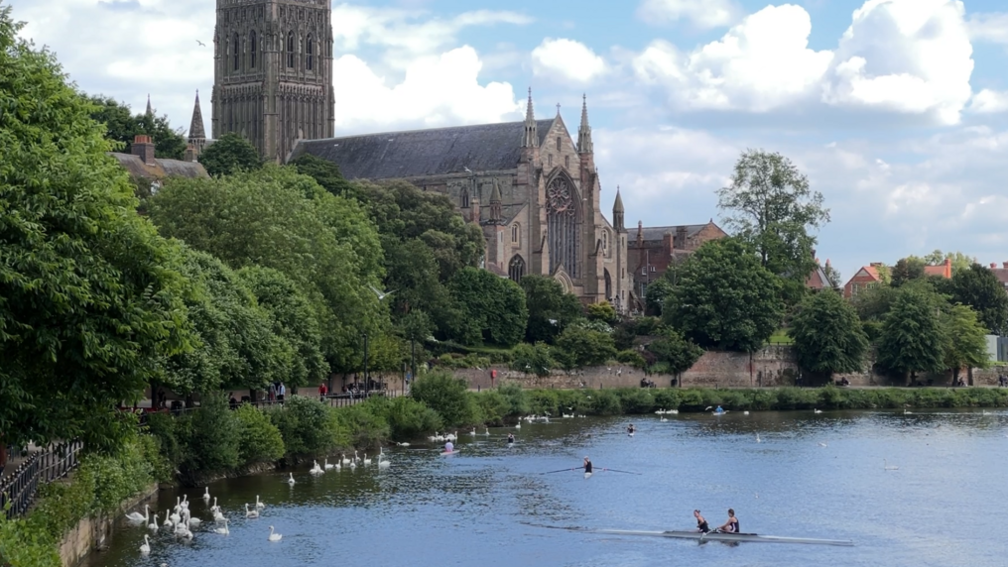
Former Conservative MP Robin Walker held Worcester with a majority of 6,758 in 2019, but has stepped down at this election
"She really cared about everyday life politics: childcare, healthcare, schools... the kinds of things that are actually coming up again and again in this election," said Dr Anna Muggeridge.
A lecturer at the University of Worcester, Dr Muggeridge has studied the archetypal voter's importance, external in the 1997 election result.
“The kinds of issues she was interested in... are at the forefront of a lot of political parties' campaigns now," she added.
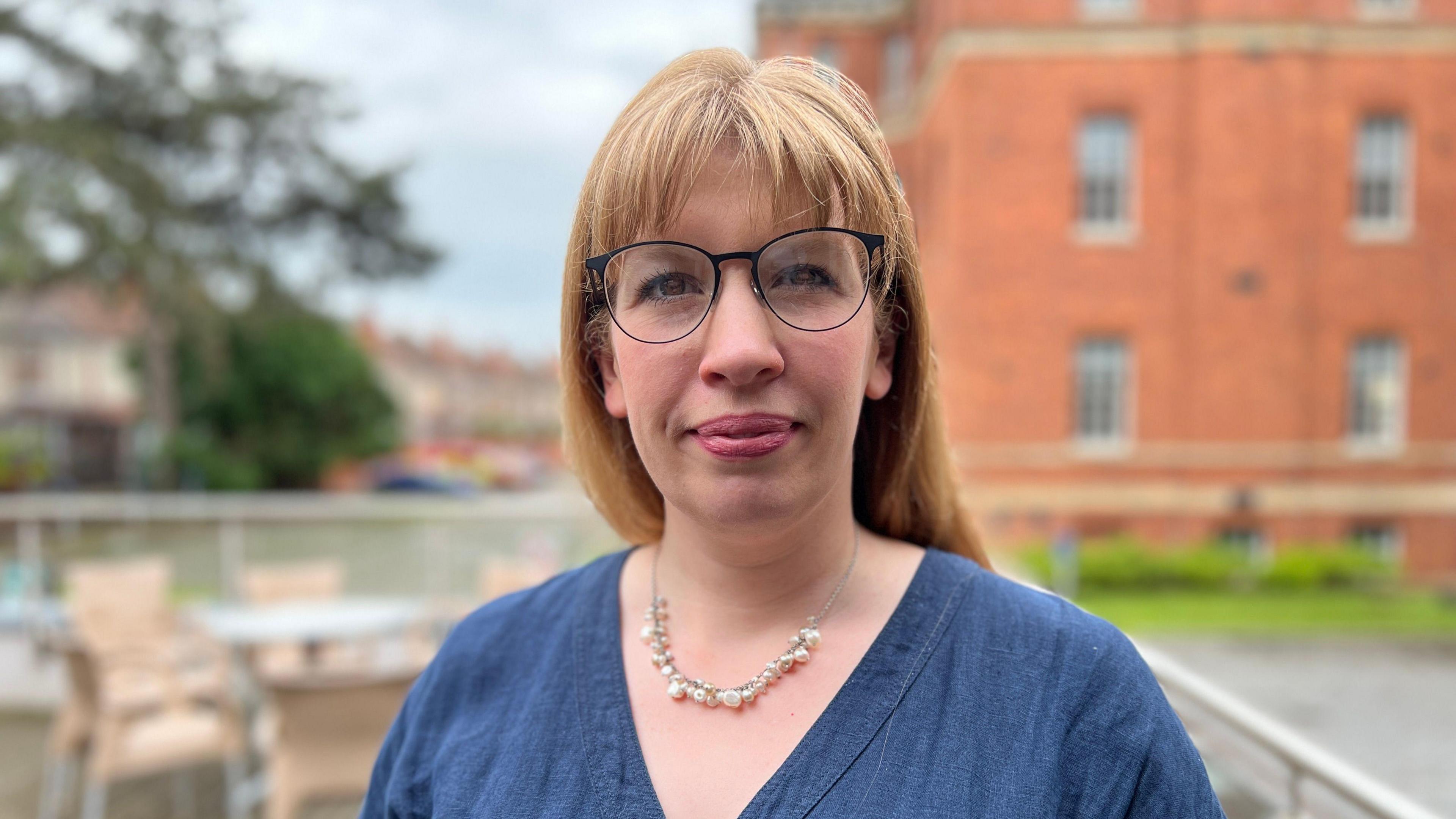
In 1997, "Worcester Woman" was pursued by John Major's Conservative Party as a key swing voter it needed to retain, according to historian Dr Anna Muggeridge
In previous general elections, Worcester has only ever picked Conservative or Labour MPs.
But in May's local elections, the city's Green Party topped the popular vote, winning more votes than any of its opponents.
'I will be voting tactically'
That support included mum-of-two Kirstin Bluck, 55.
"My heart is with the Green Party… but nothing would sway me from voting tactically," she said.
"I'm really hoping for a change of government."
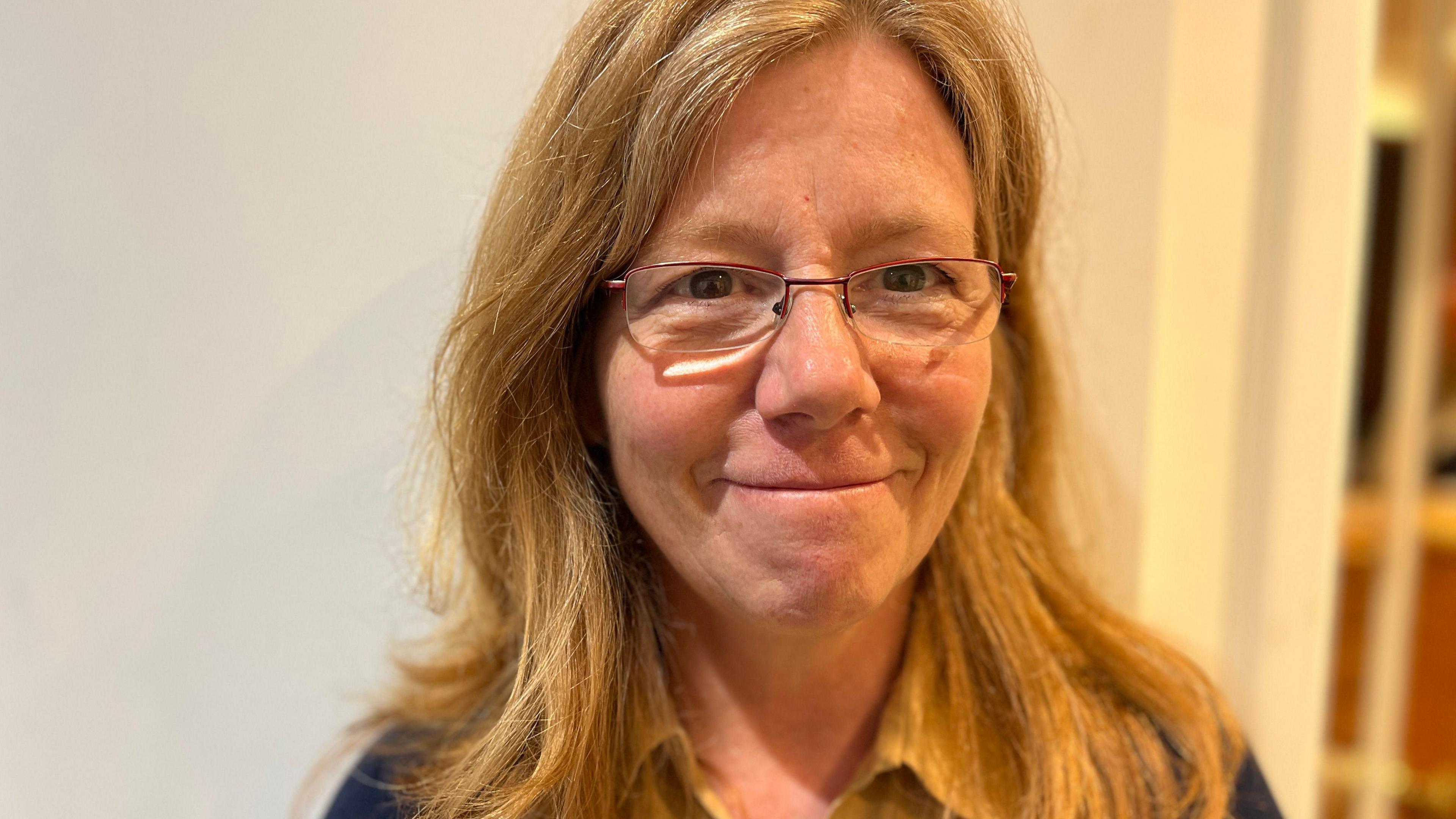
Lawyer and school governor Kirstin Bluck said she had always voted
"The other big issue for me is education," Mrs Bluck added.
"I'm a governor at a local primary school... there are kids who turn up hungry and have to be fed breakfast... there aren’t enough teachers."
All eyes were on Worcester in 1997, and they will be once again for this general election.
Seven candidates will fight the election in Worcester:
Mel Alcott (Liberal Democrat)
Marc Bayliss (Conservative)
Tom Collins (Labour)
Mark Davies (Trade Unionist and Socialist Coalition)
Duncan Murray (Social Democratic Party)
Andy Peplow (Reform UK)
Tor Pingree (Green)
Follow BBC West Midlands on Facebook, external, X, external and Instagram, external. Send your story ideas to: newsonline.westmidlands@bbc.co.uk, external
Related topics
More on the general election
- Published29 April 2024
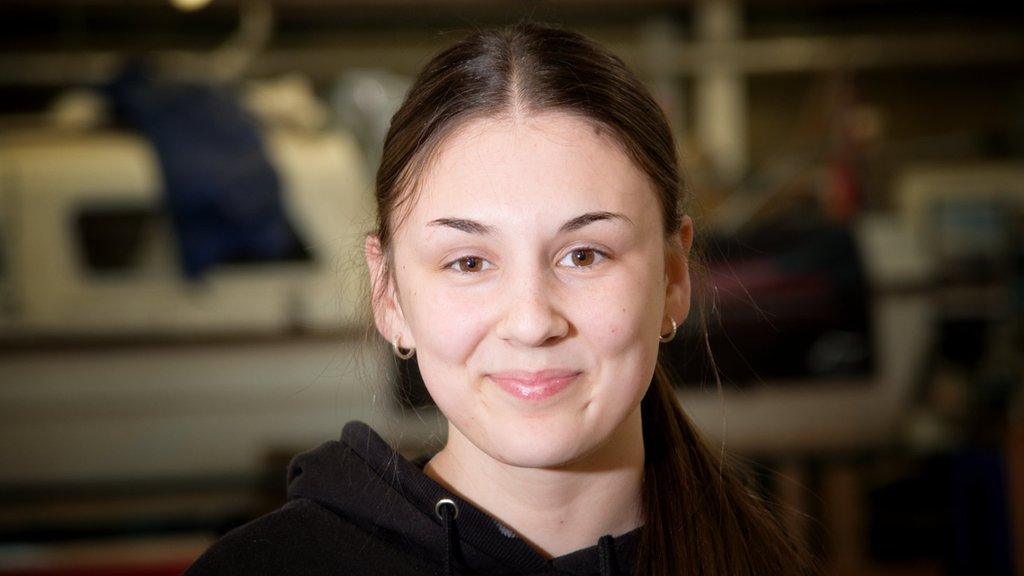
- Published4 July 2024
